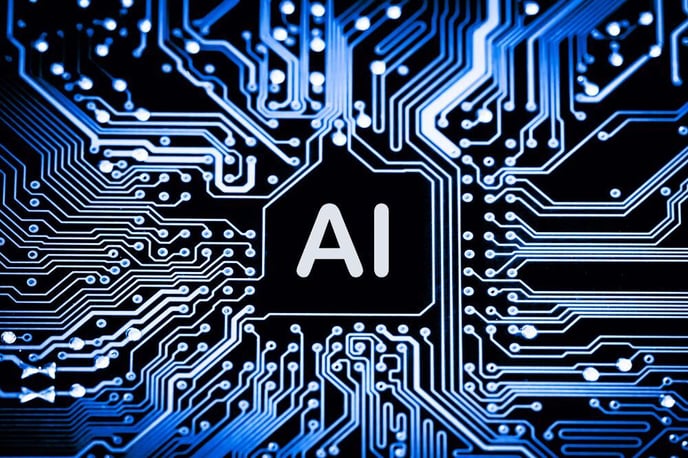How does AI benefit the architectural façade industry?
AI technology can enable better decision-making, enhance project management and optimise resource use.

In a nutshell:
- The architectural façade industry benefits from AI’s ability to rapidly process data and enhance efficiency.
- AI algorithms can produce a range of façade options and enhance BIM by predicting project outcomes and suggesting improvements.
- Virtual tools can aid collaboration by visualising projects for absent stakeholders.
AI uses data to predict potential risks such as delays, costs and supply chain issues. - Artificial Intelligence can analyse videos from construction sites to identify risks and increase safety.
- AI can analyse carbon emissions and suggest alternative ways to become more sustainable.
Since its creation, artificial intelligence tools have been revolutionising industries, such as construction, through their ability to rapidly process data and algorithms that help to enhance efficiency and productivity. The architectural façade industry benefits from AI in numerous ways, such as aiding project management, mitigating risks and offering sustainable solutions.
Design and Planning
AI algorithms can create multiple façade design options based on specified criteria and constraints, allowing architects and engineers to explore a wide range of possibilities and identify the most efficient and effective designs. AI can also enhance BIM by predicting project outcomes, optimising schedules, identifying potential issues and suggesting improvements.
Risk Management
AI technology is being increasingly incorporated into CRM (Customer Relationship Management) systems and cloud-based project management to predict potential project delays, cost overruns, and other risks, allowing project managers to take proactive measures.
Additionally, AI tools such as Smartvid.io can help identify hazards onsite by analysing video feeds from construction sites to detect unsafe behaviours, identify potential hazards, and ensure compliance with safety protocols. This reduces the risk of accidents and enhances overall site safety.
Environmental Impact and Sustainability
Artificial Intelligence tools can help reduce the impact the construction industry has on the environment by analysing company processes to garner data on emissions, energy consumption and other environmental impacts. As part of Maple’s sustainability journey, we implemented automated data collection from our main operations system such as a mileage tracker which provides the CO2 emission calculations between two locations and feeds into our sustainability report. From this information, it can generate ideas to optimise processes and reduce carbon footprint.
We are only just seeing the beginning of what AI can do for the construction industry and it’s continuing to develop at a rapid speed. Within a year we could be witnessing a range of new revolutionary technologies so watch this space.